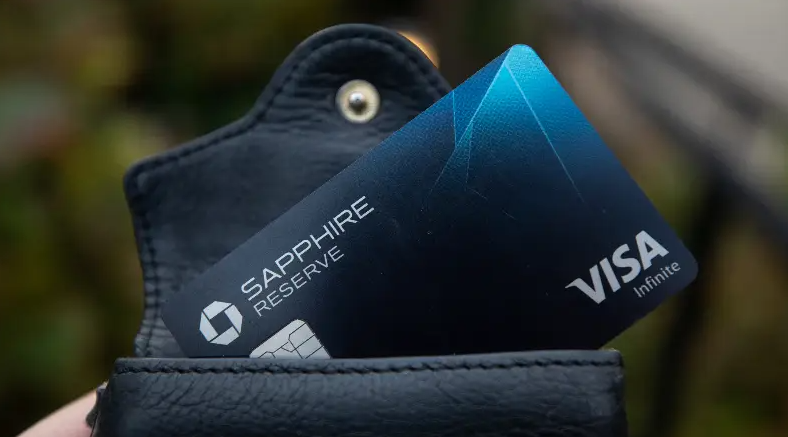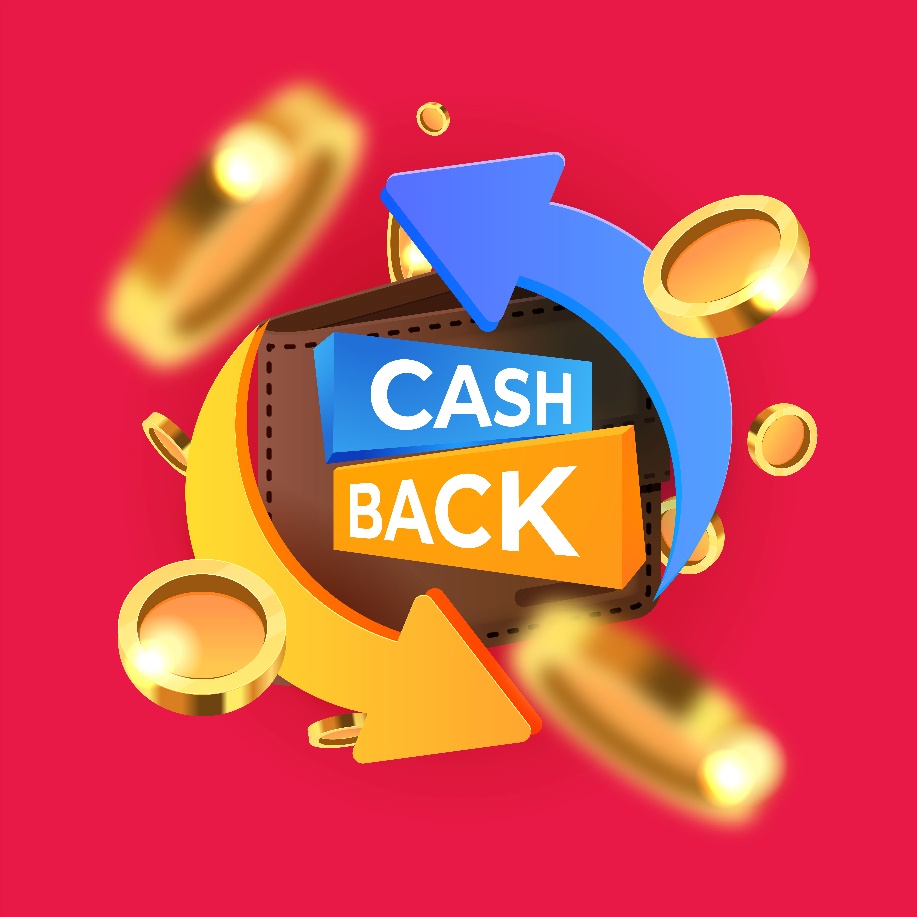The Chase Sapphire Reserve: Navigating the Annual Fee Landscape
Feb 06, 2024 By Triston Martin
The Chase Sapphire Reserve is one of the most popular and prestigious travel rewards credit cards on the market. It offers a generous welcome bonus, a high earning rate on travel and dining, a $300 annual travel credit, and a variety of perks and benefits, like airport lounge access, travel insurance, and more.
It also comes with a hefty $550 annual fee, which may deter some potential applicants or cardholders. Is the Chase Sapphire Reserve worth its annual fee, or is it too expensive to keep? In this article, we will examine the pros and cons of the Chase Sapphire Reserve’s annual fee, and help you decide if it is a deal breaker or a bargain.
What is the Chase Sapphire Reserve Card?
The Chase Sapphire Reserve Card is a premier travel rewards credit card ideal for frequent travelers. Despite its $550 annual fee, the card offers substantial benefits that make it attractive for those who prioritize travel and luxury. A standout feature is the $300 annual travel credit, effectively reducing the net cost of ownership.
On top of it, the card provides a Global Entry or TSA PreCheck or NEXUS fee credit, complimentary access to airport lounges, and a 50% point value boost when redeeming through Chase Ultimate Rewards.
In terms of earning rewards, the card provides with 5x total points on flights and 10x total points on hotels and car rentals through Chase Ultimate Rewards after the initial $300 in travel purchases. Dining enthusiasts also benefit from earning 3x points on dining at restaurants, including eligible delivery services, takeout, and dining out.
While the Chase Sapphire Reserve Card’s annual fee is $550, the premium perks, rewards, and credits position it as an excellent choice for travelers seeking flexibility and a touch of luxury.
Perks of Using Chase Sapphire Reserve Card
The Chase Sapphire Reserve Card stands as the standout option among premium travel rewards credit cards, offering an array of benefits that justify its $550 annual fee. Frequent travelers can utilize these perks to enhance their journeys:
Travel Credit
The card provides a $300 annual travel credit, automatically applied to qualifying travel expenses like airfare, hotels, car rentals, taxis, and tolls. This effectively lowers the net yearly fee to $250, which increases its competitiveness in the premium credit card market.
Lounge Access
Cardholders gain access to over 1,300 airport lounges globally through Priority Pass Select. This includes independent and partner lounges, offering free Wi-Fi, snacks, drinks, and a comfortable pre-flight atmosphere. Two guests can accompany the cardholder for free.
Free Credit
The card covers the Global Entry, TSA PreCheck, or NEXUS application fee. This provides expedited security screening, with a statement credit of up to $100 every four years, enhancing travel convenience.

Point Value Boost
Redeeming points through Chase Ultimate Rewards grants a 50% boost in value. For instance, 50,000 points become worth $750 toward travel instead of $500. Additionally, points can be transferred to Chase's airline and hotel partners.
Travel Insurance
Enjoy a comprehensive suite of travel protections, including trip cancellation and interruption insurance, trip delay reimbursement, baggage delay insurance, lost luggage reimbursement, and whatnot! This makes it the best deal out there!
Welcome Bonus
The card offers a generous welcome bonus of 60,000 points after spending $4,000 on purchases in the first three-months from account opening, equivalent to $900 in travel through Chase Ultimate Rewards.
Complementary Benefits
Cardholders receive a complimentary year of Lyft Pink, offering 15% off rides and priority airport pickups. A complimentary DashPass subscription from DoorDash provides free delivery and reduced service fees on orders over $12.
Why You Shouldn’t Opt for Chase Sapphire Reserve Card?
The Chase Sapphire Reserve Card is undoubtedly the best for frequent travelers, offering an enticing array of perks and rewards. However, it may not be the right fit for everyone, and there are distinct reasons why potential cardholders might want to steer clear of it. Here are some drawbacks to consider:
High Annual Fee
The Chase Sapphire Reserve Card’s annual fee of $550 is among the highest in the travel rewards card industry. For individuals who don't travel frequently or spend significantly on travel and dining, justifying this fee can be challenging.
The card's primary allure is the 50% boost in point value when redeeming for travel through Chase Ultimate Rewards. If this feature isn't extensively utilized, a card with a lower annual fee and redemption rate, like the Chase Sapphire Preferred Card, might be more sensible.
Preference for Cash Back
Travel enthusiasts stand to gain the most from the Chase Sapphire Reserve Card's travel-centric rewards and benefits. However, if cashback is more appealing than travel rewards, the card's structure may seem limiting.
With a cashback redemption rate of only 1 cent per point—lower than the average cashback card, those leaning towards cash rewards may find more flexibility in cards like the Citi Double Cash Card.

Redundancy with Existing Premium Cards
The market hosts various premium travel cards, and if you already possess one offering comparable or superior benefits, obtaining the Chase Sapphire Reserve Card might be redundant and costly.
For instance, the Platinum Card from American Express provides numerous benefits, including airline fee credits, Uber credits, and more. Comparing the benefits and perks of your existing premium card with the Chase Sapphire Reserve Card can help you decide which aligns better with your needs and preferences.
Wrapping it Up!
The Chase Sapphire Reserve’s annual fee is a trade-off between the benefits and rewards that the card offers and the cost of maintaining it. The card is a bargain for frequent travelers who can maximize its travel benefits. The card is a deal breaker for those who don't travel enough, prefer cash back, or already have another premium travel card. The card is not for everyone, and you should consider your travel habits before applying for it.

Do You Need This No-Fee Uber Visa Card In 2023
The Uber Visa card provides loyal customers with valuable rewards that can be used on future rides and other services. Bonuses may be earned on all Uber services, from Uber Eats to JUMP. If you like to dine out and travel, you will appreciate this credit card that does not charge annual fees
Jan 29, 2024 Triston Martin

How do market orders and limit orders differ, and which one is preferable to use?
When traders need to enter or exit a position immediately, regardless of price, they use market orders. A limit order, on the other hand, tells a broker to buy or sell a stock only at a certain price. In contrast to a limit order, a market order ensures that the broker will execute the stock trade.
Nov 12, 2023 Triston Martin

How Long Does it Take for a Check to Clear?
Even though a check could clear the exact day it is deposited, it is much more common for the whole amount to be accessible after two working days or more. Some parts of check deposits are governed by federal law, while others are left to the discretion of the issuing and receiving financial institutions. Size, kind, issuer, deposit method, and bank/credit union restrictions all have a role in how quickly deposited money becomes available to you after making a deposit.
Feb 15, 2024 Triston Martin

What is carbon trade? How does it matter?
Carbon trade has emerged as one of the most effective operations in tackling climate change. But, what is it actually, and how does it work?
Oct 01, 2023 Triston Martin

Fha Vs. Conventional Home Loans: Choose The Best Home Loan
Are you confused about which one to choose: FHA vs Conventional home loans? This comparison guide will help you choose the best option.
Jan 25, 2024 Triston Martin

All About a Trade Date
Initial events in a financial transaction are recorded as of the trade date, such as the acceptance of an offer to buy a security. However, knowing what the trade date is not is essential to grasping what it is. Unlike commonly held belief, the transaction date and settlement date are not necessarily the same. On the latter day, all money and securities will have been properly deposited into their respective accounts
Feb 14, 2024 Triston Martin